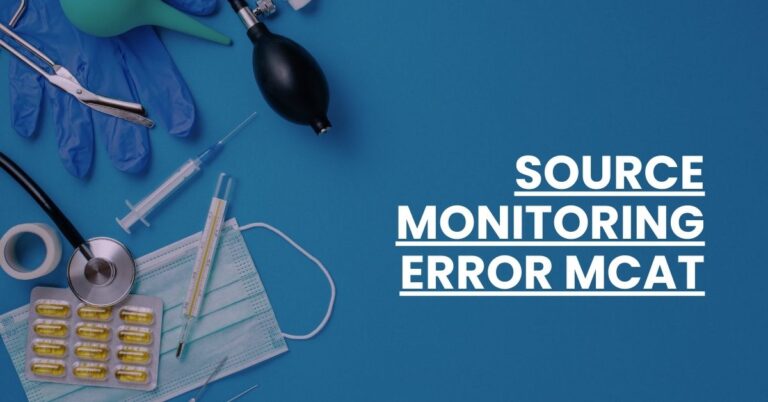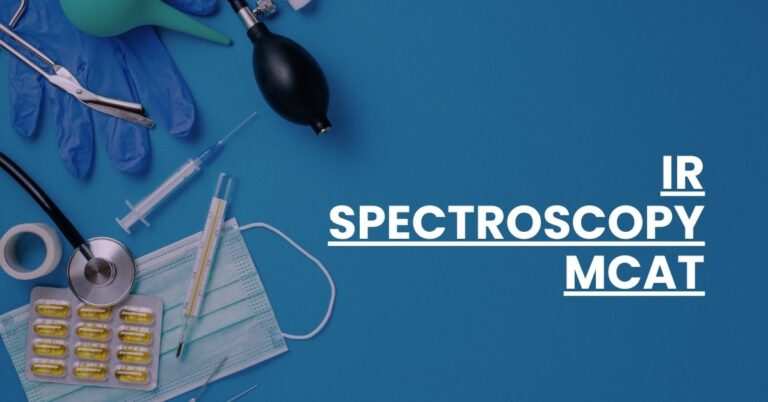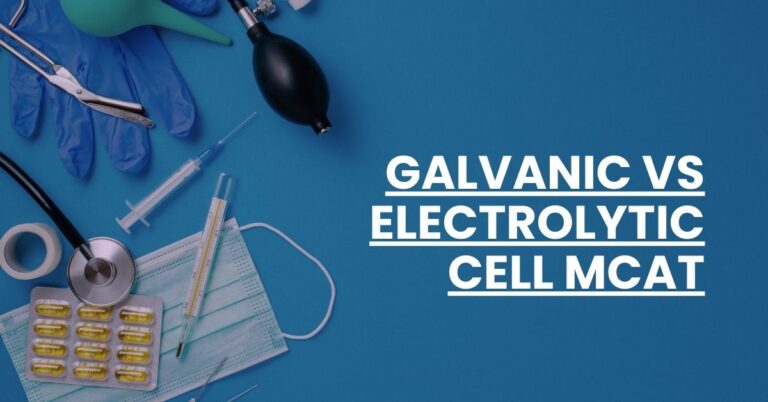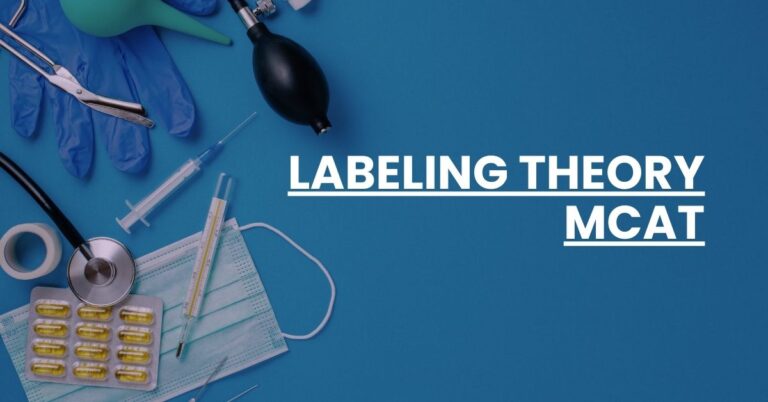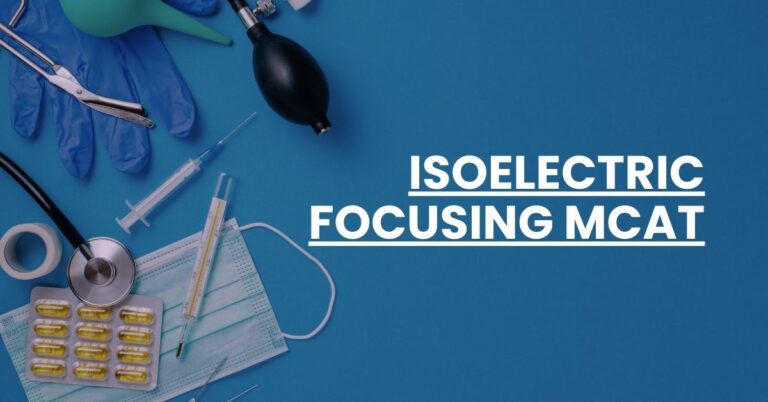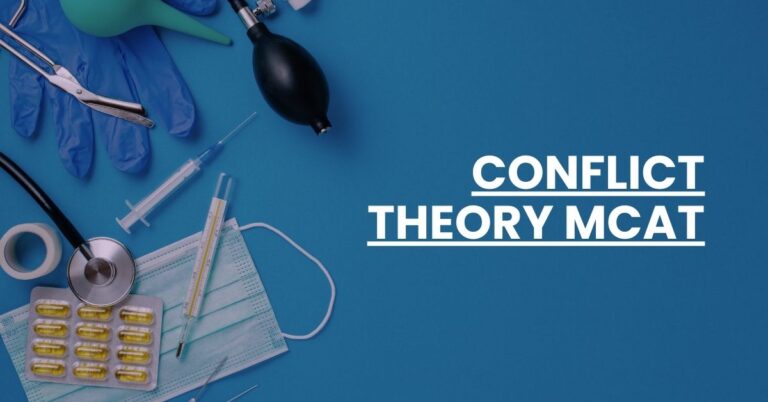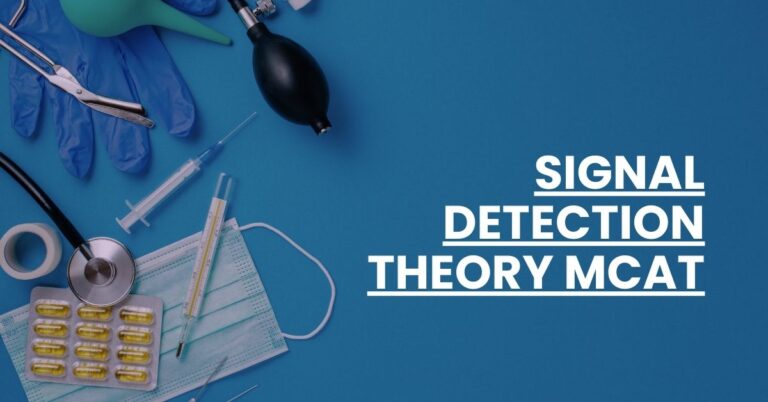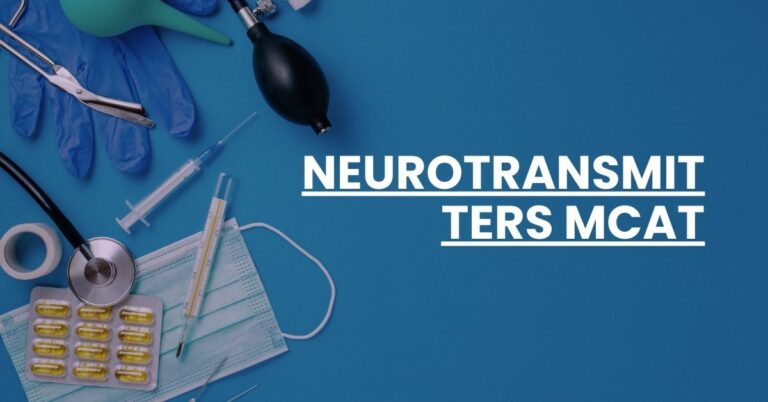LATEST RESOURCES
Are MCAT lab techniques tripping you up? You’re not the only one striving to decode the complexities these essential procedures present.
In this article, we swiftly untangle...
Source monitoring error is a psychological misstep where memories are attributed to incorrect sources, a crucial concept for the MCAT’s Psychological, Social, and Biological Foundations...
IR spectroscopy, crucial for the MCAT, is a technique that identifies organic compounds by their unique vibrations when exposed to infrared light. Knowing this process is essential...
When preparing for the MCAT, knowing the difference between galvanic and electrolytic cells is key. Galvanic cells harness energy from spontaneous chemical reactions, while electrolytic...
Labeling theory provides insight into how society’s characterization of certain behaviors can influence both self-identity and public perception. On the MCAT, it’s a key...
Isoelectric focusing (IEF) is a pivotal technique on the MCAT, essential for separating proteins based on their isoelectric point (pI). It’s crucial for biochemistry and medical...
Conflict Theory on the MCAT examines societal struggles and disparities, particularly how competition for limited resources creates inequality. Recognized as a key concept in sociology...
Spreading activation is a cognitive theory explaining how thoughts and memories are interconnected and retrieved which is especially pertinent for tackling the Psychological, Social,...
Signal detection theory (SDT) is a key framework in psychology that examines how decisions are made under conditions of uncertainty. It’s crucial for understanding how we differentiate...
Neurotransmitters are the chemical messengers vital for neural communication, especially for the Medical College Admission Test (MCAT) focus on biological processes. Understanding neurotransmitters...
No posts found

